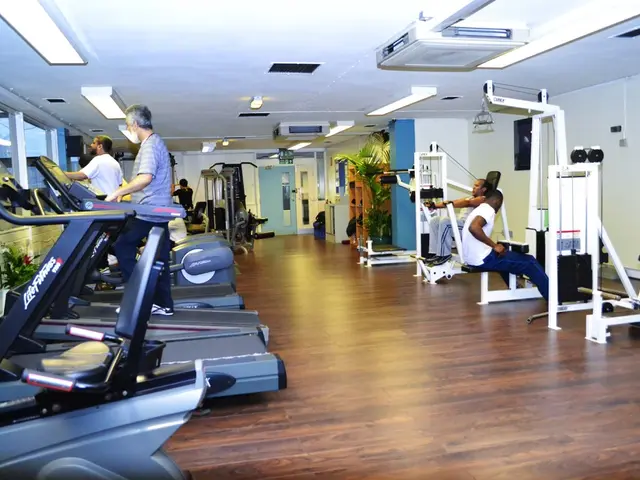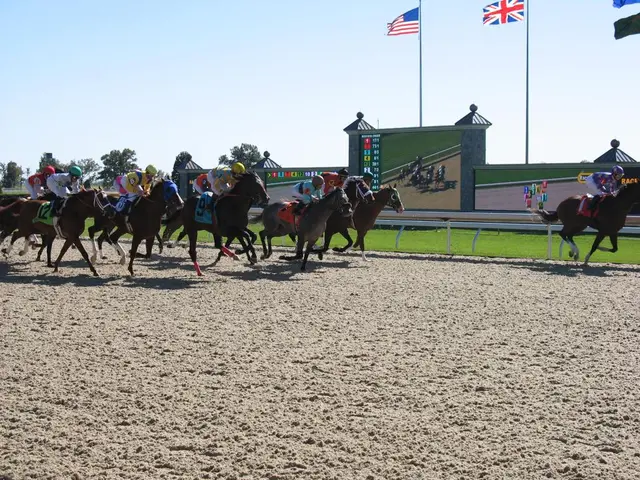Smoothing Borders: Poland Pushes for Tech Solutions Amidst Germany's Tightened Controls
Poland seeks technical methods for border management
In a swift change of pace, Germany has ramped up border controls under the guidance of the new Interior Minister. This shift has sparked controversy, particularly in neighboring Poland, where Foreign Minister Sikorski voiced concerns over "major roadblocks" for the populace.
Amidst these stricter border measures, Poland has issued a call for "technical solutions" to mitigate disruptions to border traffic. These solutions, presumably involving technology and operational improvements, would streamline the processing of cross-border traffic without causing significant delays or logistical hindrances. This could consist of electronic border control systems, advanced document scanning, automated vehicle checks, or improved coordination between Polish and German border authorities to maintain a smooth flow.
Poland, understanding Germany’s concerns over migration, acknowledges the need for increased border security yet seeks to uphold the practical free passage crucial for local commuters and commerce. Sikorski, in a meeting with EU foreign ministers in Warsaw, emphasized that existing infrastructure is ill-equipped to handle extensive border controls, causing substantial disruptions, as seen on the Poland-Belarus border.
The new German Interior Minister, Alexander Dobrindt, has vowed to bolster border checks with more federal police stationed at Germany's borders and to turn back asylum seekers. A previous directive is set to be reversed, referencing Article 18 of the Asylum Act which states: "Entry shall be refused to a foreigner if they enter from a safe third country."
Poland, along with neighboring countries like Austria, the Czech Republic, and even Switzerland, has expressed anger over Germany’s plans. Polish Prime Minister Donald Tusk argued in a meeting with Chancellor Friedrich Merz that it's in both countries' interests to maintain free passage. Austrian Foreign Minister Beate Meinl-Reisinger stressed the importance of adhering to European law in border control matters.
German Foreign Minister Johann Wadephul attempted to assuage concern, assuring Sikorski that Germany would not implement a migration policy shift without Poland’s consent. Wadephul stated that Germany will proceed deliberately and thoughtfully and in coordination with its European partners "step by step." The EU Commission also encourages collaboration, particularly with all affected member states, while acknowledging the temporary reintroduction of border controls under certain conditions.
[1] ntv.de[2] ino[3] AFP[4] dpa[5] rts
- In response to Germany's tightened border controls, Poland's Foreign Minister Sikorski has expressed concerns about potential disruptions to border traffic due to major roadblocks.
- Poland is advocating for the implementation of 'technical solutions' such as electronic border control systems, advanced document scanning, automated vehicle checks, or improved coordination between authorities, to streamline border procesing without causing significant delays.
- Germany's new Interior Minister, Alexander Dobrindt, has vowed to bolster border checks, stationing more federal police at Germany's borders and turning back asylum seekers.
- In a bid to maintain free passage and adherence to European law, Poland, Austria, the Czech Republic, Switzerland, and other affected countries have expressed their anger over Germany’s plans, with Polish Prime Minister Donald Tusk arguing for mutual consent in any migration policy shift with Germany.








